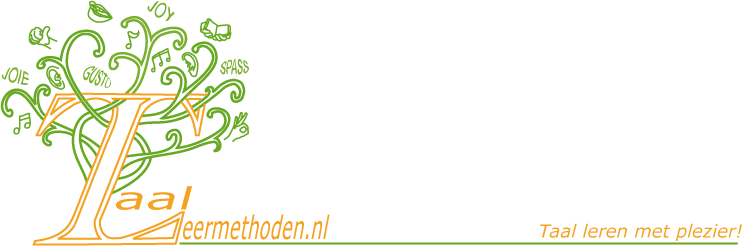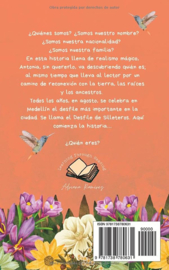B1/B2 | Silleteros - Adriana Ramirez
Silleteros - Adriana Ramirez
Who are we? Are we our name? Are we our nationality? Are we our family? In this story full of magical realism, Antonia, without wanting to, discovers who she is; at the same time she takes the reader on a path of reconnection with the land, the roots and the ancestors.
Every year, in August, the most important parade in the city is held in Medellín. It is called the Desfile de Silleteros. This is where the story begins...
Who are you?
This is a story written for level 4 students, heritage, AP and IB students. It has about 550-word families, of which 80 are cognates. The book is accompanied by beautiful illustrations by a Colombian illustrator. At the end of the book, there is an extensive Spanish-English glossary, which seeks to support the reader's understanding. In addition, there are cultural explanations, questions to think about and a grammatical explanation of voseo.
Of course, the book takes place in Medellín, and in Medellín we voseamos (we also tuteamos). So... the book is written (except for the first chapter) with VOS. In this way, students can authentically experience not only the culture but also the language.
It is a 100% cultural book, which allows students to enter, in a genuine and real way, into one of the most important traditions of the city of Medellín. This book is a door that I, the author, am opening to invite them to enter, learn and enjoy my culture and traditions.
Ah! And let's talk about magical realism... What is magical realism? The main characteristic of this type of literature is when unreal facts are presented in a natural way. These facts are understood and conceived as normal and ordinary by the characters in the book.
Our worldview is full of magical realism, so this is not just a way of writing but of seeing the world. So, through this story, I invite you to enter with me into our worldview, into our way of seeing the world.
These kinds of readings not only allow students to learn about other cultures, but can also be an opportunity to learn more about them and their own traditions. When we approach culture, we must do it from an intercultural perspective.




